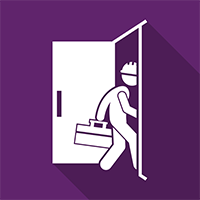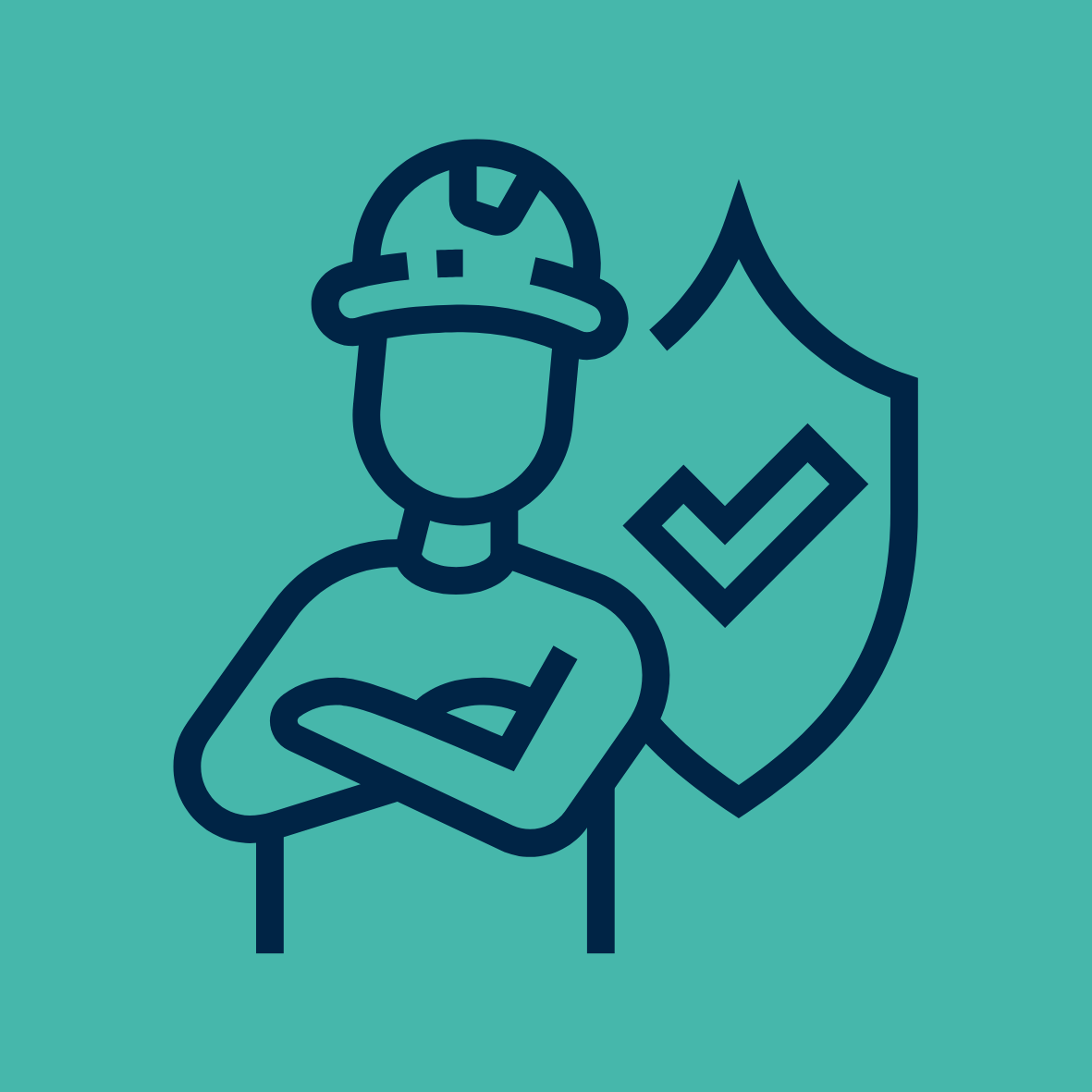An Apprenticeship is a route to gaining employer recognised qualifications whilst being employed, so you will receive a wage and gain practical experience and training that will benefit you in your career.

Business & Management
Business Administrator
Business Administrators possess a number of highly transferable set of skills, knowledge and behaviours that can be applied to a number of sectors.
Customer Services Specialist
A Customer Service Specialists main role is to provide professional customer support within all sectors and organisations.
Operations / Departmental Manager
An Operations/Departmental Manager is someone who manages teams and/or projects, and achieving operational or departmental goals and objectives.
Customer Service Practitioner
The role of a customer service practitioner is to deliver high quality products and services to the customers of their organisation.
Team Leader / Supervisor
A team leader / supervisor is a first line management role, with operational/project responsibilities or responsibility for managing a team to deliver a clearly defined outcome.
Procurement and Supply Assistant
This occupation is found in all organisations where goods and/or services need to be sourced and purchased in line with national or international procurement laws, or internal governance processes.
Improvement Leader
Improvement Leaders are responsible for developing improvement strategy, providing leadership in improvement for the business and for coaching and supporting Improvement Specialists in advanced analysis.

Education, Children & Young People
Early Years Educator
Early Years Educators, are highly trained professionals who play a vital role in the development and learning of young children.
Children, Young People and Families Practitioner
As a practitioner you will be working with children, young people and families, including carers, to achieve positive and sustainable change in their lives.
Children, Young People and Families Manager
As a Children, Young People and Family Manager you will ensure direction, alignment and commitment within your own practice, your team(s), your organisation and across partnerships to help children, young people and families aspire to do their best and achieve sustainable change.
Learning and Skills Teacher
The Learning and Skills Teacher (LST) is ‘dual-professional’, having first achieved competence in a vocational or subject specialism and then subsequently trained as a teacher.
Teaching Assistant
Teaching Assistants work in Primary, Special and Secondary education across all age ranges encompassing special educational needs and emotional vulnerabilities.
Early Years Practitioner
This occupation is found in a range of private and public settings including; full day care, children’s centres, pre-schools, reception classes, playgroups, nursery schools, home based provision, hospitals, social care settings, out of school environments and local authority provision to deliver the Early Years Foundation Stage (EYFS) requirements set by government for the learning, development and care of children from birth to 5 in both indoor and outdoor environments.

Engineering
Engineering Operative
Engineering Operatives are predominantly involved in engineering operations which are key to the success of the Manufacturing and Engineering sector, allowing employers to grow their business while developing a workforce with the relevant skills and knowledge to enhance and sustain the sector.
Maintenance & Operations Engineering Technician
Maintenance & Operations Engineering Technicians covers 7 roles: Electrical Technicians; Mechanical Technicians; Control & Instrumentation Technicians; Wind Turbine Technicians Electrical System and Process Control Technicians; Electromechanical Technicians and Plant Operations Technicians.
Engineering Technician
Engineering Technicians take responsibility for the quality and accuracy of the work they undertake within the limits of their personal authority.
Metal Fabricator
This occupation is found in the advanced manufacturing engineering and engineering construction sectors.

Health Care & Health Science
Adult Care Worker
Adult Care Workers are the frontline staff who help adults with care and support needs to achieve their personal goals and live as independently and safely as possible, enabling them to have control and choice in their lives.
Lead Adult Care Worker
Lead Adult Care Workers are the frontline staff who help adults with care and support needs to achieve their personal goals and live as independently and safely as possible, enabling them to have control and choice in their lives.
Lead Practitioner in Adult Care
The Lead Practitioner in Adult Care will guide and inspire team members to make positive differences to someone’s life when they are faced with physical, practical, social, emotional, psychological or intellectual challenges.
Leader in Adult Care
A Leader in Adult Care has responsibility for managing community or residential based services. This role has a large element of leadership, whether with other care workers and networks or in leading the service itself.

Manufacturing & Food Manufacturing
Food and Drink Process Operator
Food and Drink Process Operators work in one of the largest, most dynamic and fastest growing sectors of industry.
Packhouse Line Leader
The Packhouse Line Leader is a key supervisory role, helping the company operate efficiently.
Furniture Manufacturer
Furniture Manufacturers must be dexterous, have a good work ethic and able to demonstrate their ability to work individually and as part of a team.
Lean Manufacturing Operative
A Lean Manufacturing Operative will be expected to carry out their work safely and meet the exacting quality standards demanded in a fast paced and efficient processing environment and develop into a multi-skilled operator through process ownership.
Prosthetic and Orthotic Technician
Prosthetic and Orthotic Technicians use the specification/ prescription provided to make devices that aid movement, correct deformity and relieve discomfort for adults and children.
Food and Drink Technical Operator
This occupation is found in the food and drink manufacturing sector.
Companies are in the main large. They may produce one type of food and drink product or a range of products. Products may include biscuits, cakes, confectionary, fresh fruit, ready-to-eat and ready-to cook food, sandwiches, salads, soft drinks, and wraps.

Transport and Logistics
Port Operative
Port Operatives have key roles in enabling businesses to deliver on time and safely.
Supply Chain Warehouse Operative
Warehouse Operatives work in a variety of warehouse environments.
Supply Chain Operator
This is an entry-level apprenticeship which provides the foundation knowledge skills & experience for the role of Supply Chain Operator within occupational areas in the Supply Chain industry.

Digital Skills









